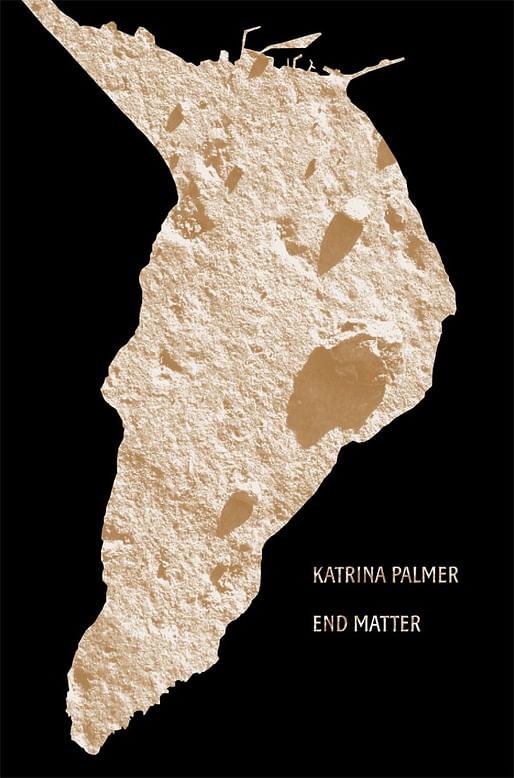

On September 2, 1666, a fire began in a bakery on Pudding Lane in London. By the next day, the flames had fanned out north and west, engulfing much of the city’s medieval center. The fire, later knowns as the Great Fire of London, destroyed much of the old cathedral of St. Paul as well as the overcrowded, narrow streets that surrounded it. In the aftermath of the fire, a period of social unrest was followed by a large-scale reconstruction, helmed by the noted architect Sir Christopher Wren. He built a new cathedral in the English Baroque style and supervised, to some extent, the city’s larger reconstruction. Today, St. Paul’s Cathedral and much of the city’s core owes its appearance in part to Wren’s preference for a particular variety of white, soft stone hewed on the Isle of Portland. The restitution of London spurred the industrial development of Portland’s quarries. For every monument that rose up, such as the looming Doric column that memorialized the fire itself, a hole was excavated, some 140 miles away, and the ground beneath the small limestone peninsula was displaced, transmuted into architecture.
End Matter, a new book by Katrina Palmer, takes this displacement of Portland stone as its subject. Loss, both material and metaphysical, is the central concern of the book and of the Loss Adjusters, an enigmatic organization whose memos and addenda provide the primary material of the narrative. Through strange and subtle moves, such as initiating sensual encounters in the islands’ quarries, the Loss Adjusters counterbalance loss with presence, a task particularly well suited for the Isle of Portland, which has slowly been hollowed out over centuries by quarrymen and convicts. The Sisyphean challenge of the Loss Adjusters leaks out of the confines of the narrative. As the title suggests, End Matter is, in fact, not quite a book, but rather is comprised of epilogues, addenda, afterwords and postscripts. Towards the end of all this end matter (and on the back cover) the author states, “The shadowy quality of the work’s documentary vestiges will act as a memento to the missing body of the book.”
Accompanying the book (or perhaps the other way around) are a series of audio guides meant to accompany self-guided tours of the Isle of Portland. Funded by an Artangel Grant, the audio guides were later adapted into radio broadcasts in collaboration with BBC Radio 4. The project manages to bring together architectural history and geologic time, fiction and testimony, the personal and the territorial. These incongruent lines of thought are strengthened by their unwieldy juxtaposition – an impressive feat that few authors or artists could pull off. The results are as thought-provoking as they are enjoyable to experience.
Purchase a copy of End Matter from Book Works here, or check out the project trailer below.
No Comments
Block this user
Are you sure you want to block this user and hide all related comments throughout the site?
Archinect
This is your first comment on Archinect. Your comment will be visible once approved.